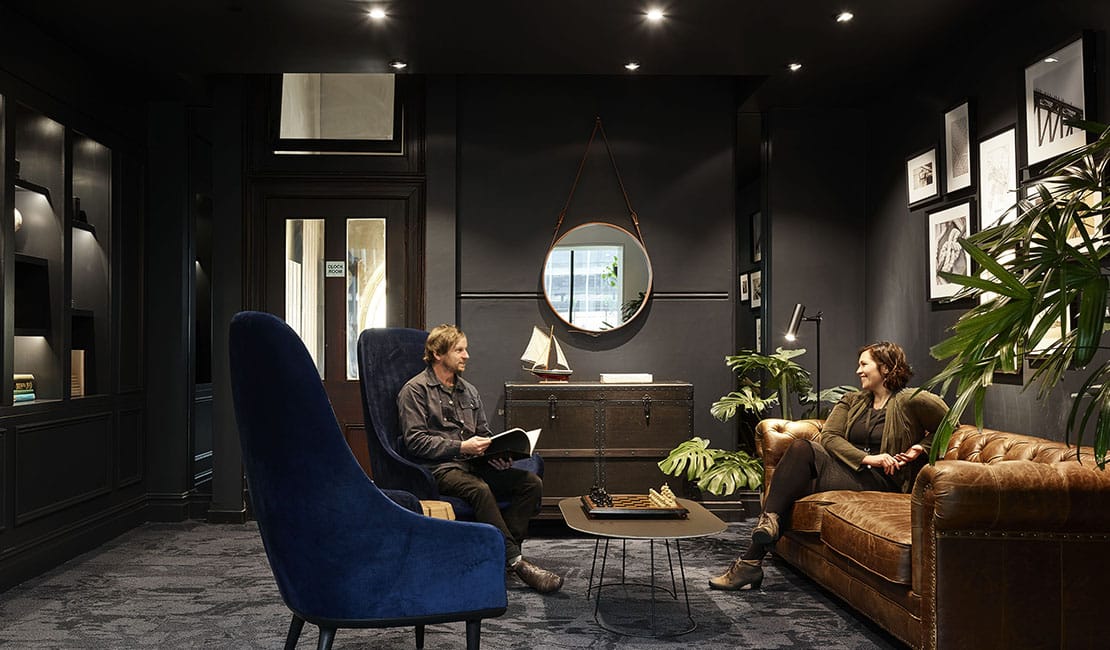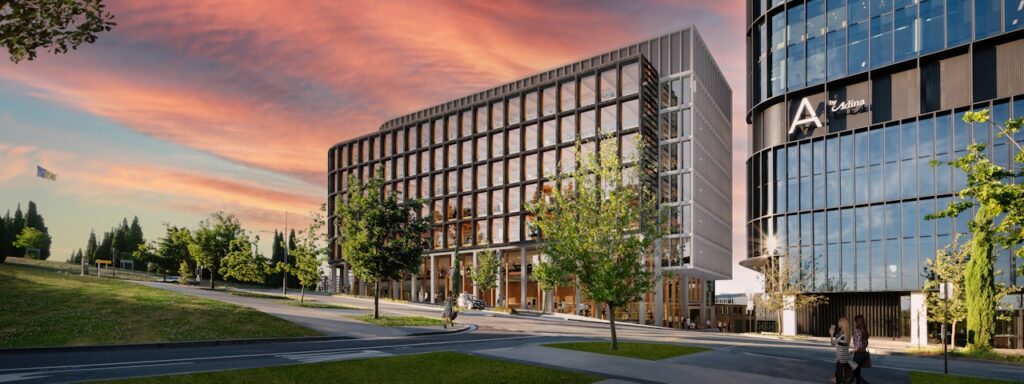Flexibility is no longer just the priority of flexible workspace operators – now the tenants and end-users of buildings are wanting flexible assets as an alternative to traditional leases after seeing the benefits demonstrated over the 10+ years coworking and flexible workspaces have been present in Australia.
This customer demand throws up a lot of challenges for Australian landlords and property developers – a large portion of Australia’s commercial real estate is owned by long-term investors who have previously been well-suited to the long-term traditional leases and agreements that are now being forgone for flexible options.
A popular topic at GCUC APAC
In a recent industry panel at a GCUC APAC event, Hub’s founder and CEO Brad Krauskopf joined other leaders and experts from all sides of the shift to flexibility in property, including Hines, Colliers, and Blueprint.
During the session, Annie Rinker from Hines (a privately owned global real estate investment, development, and management firm) discussed their business’s choice to enter into a hybrid operating agreement alongside US-based partner Industrious. Industrious have been brought in to operate multiple locations in Asia, with Hines capitalising on their existing knowledge of the flexible workspace industry.
Annie emphasised the benefit of this partnership, including a lowered risk mitigated by bringing in an external partner who knows the industry thoroughly and has proven experience delivering products that are being increasingly requested by global markets.
The emerging options of non-traditional leases, management agreements, and white-labelled flexible space operations offer products to cater for different needs and target member bases.
Different standards for different audiences
Ada Wong, CEO at Hong Kong’s ChampionREIT, discussed the importance of different specialisations and branding of flexible workspace operators when it came to choosing operators for different workspaces and audiences, with their spaces inviting several brands and operators to coexist in a single building.
Workspaces designed around premium experiences and amenities are always going to attract a very different style of member when compared to a space than something designed to bring in high-energy students and young startup founders, and Champion REIT has capitalised brilliantly on the opportunity this offers to property owners looking to add value.
Agreements growing in popularity
Management or operating agreements have grown in prevalence and demand over the past decade, as flexible workspaces demonstrate their value and opportunity to landlords and property developers.
By offering furnished sites with premium amenities and services, flexible workspace operators like Hub Australia have opened the door to a host of new options for property owners and landlords who have previously been committed to stagnant cycles of traditional leases.
Hub Australia recently announced upcoming site Hub Wynyard in Brookfield Place Sydney, with Hub to operate a business lounge and café for all building tenants alongside 2 floors of signature flexible workspace.
With agreements designed to benefit both parties, it’s unsurprising that landlords are reaching out to take advantage of this new way of making the most of their properties and offering great returns on investment for all.






